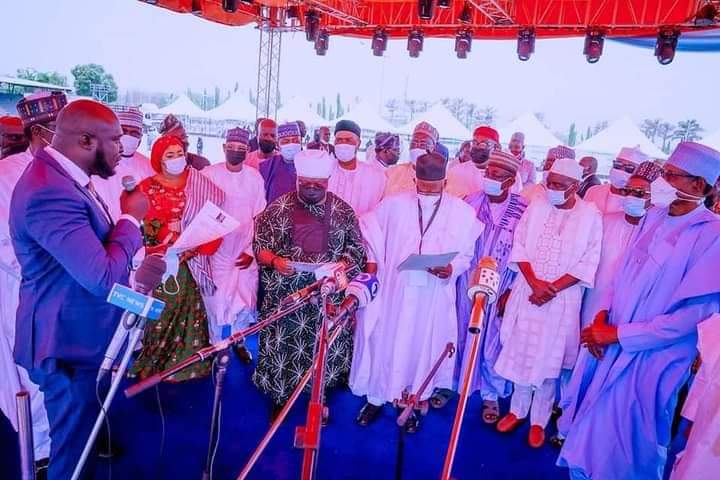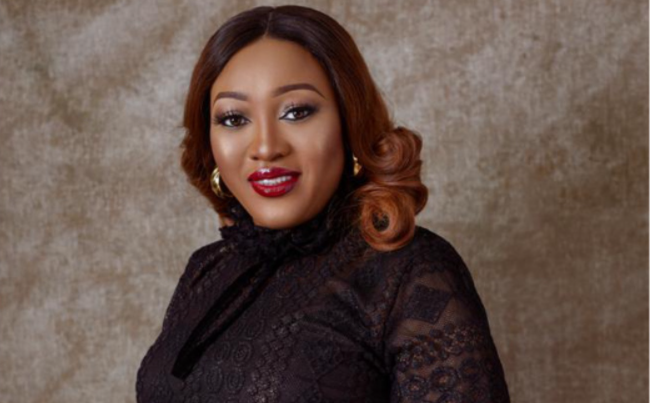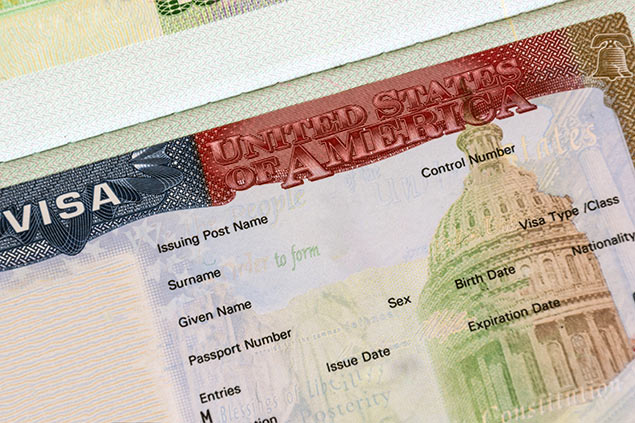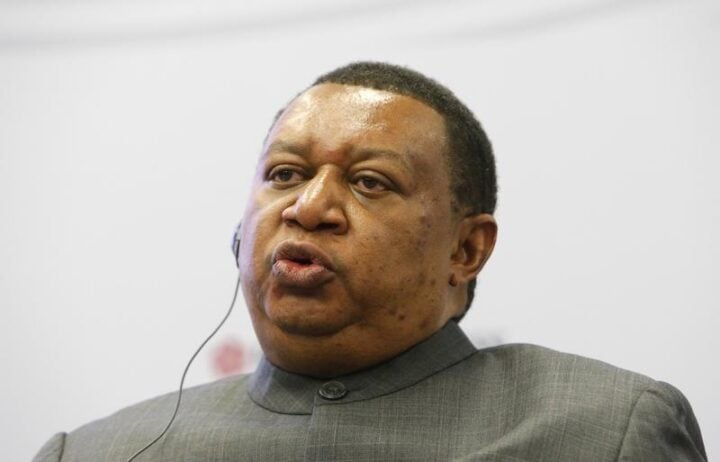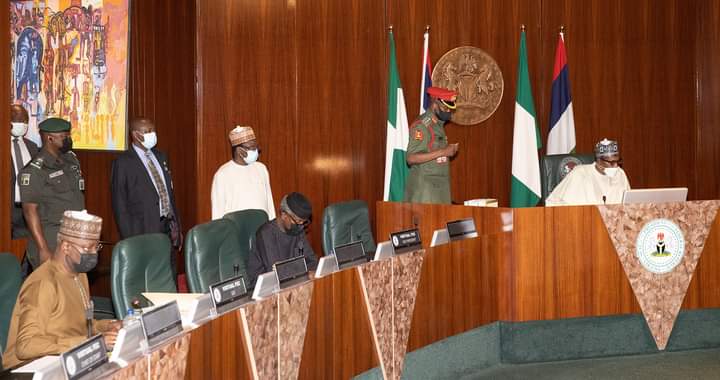It was 12:09 am on March 27 at the convention of the All Progressives Congress (APC). Mary Ekpere-Eta, an aspirant for the woman leader position, was on stage, visibly displeased as she said “excuse me” repeatedly. Although Alphonsus Eba, Cross River APC chairman, had earlier suggested that she had dropped out of the race, Ekpere-Eta was clearly not interested in conceding. Once she managed to get hold of the microphone, she blurted out: “I have not and will not withdraw my aspiration.”
Two hours later, she was back on stage — this time, alongside nine women. They surrounded Ekpere-Eta as she made a complete volte-face, announcing her withdrawal from the race.
Despite what appeared to be a vibrant representation of women at the convention, when the names of the new national working committee (NWC) members were announced, Betta Edu and Omorede Osifo, women leader and deputy national treasurer, respectively, were the only women on the list.
For the Peoples Democratic Party (PDP), which held its convention in October 2021, no woman holds a key position in the NWC aside from the women leader position.
Advertisement
The development comes at a time when women’s inclusion in politics is in the spotlight following the rejection of gender bills by the national assembly.
POOR GENDER INCLUSION AND CALLS FOR CONSTITUTIONAL AMENDMENT
Among the gender bills rejected by the federal lawmakers on March 1 is a bill that proposes an amendment to section 223 of the constitution to provide affirmative action to ensure women hold at least 35 percent of positions in political party administration.
Advertisement
The rejection sparked protests across the country, with women’s groups occupying the national assembly’s entrance for days.
Amid efforts to persuade the women to shelve the demonstration, the house of representatives rescinded its decision on three of the bills and promised to carry out fresh voting on them.
The decision taken by the lower chamber led by Femi Gbajabiamila, an APC chieftain, came days before the convention of the ruling party — and many hoped that it would inspire the stakeholders to support more women for key positions in the NWC.
But that was not to be, as aspirants — including women — were asked to step down for consensus candidates.
Advertisement
For instance, Rinsola Abiola, the daughter of late MKO Abiola, had to step down for the party’s consensus candidate, Abdullahi Dayo Israel, in the race for the national youth leader position.
DO FIRST LADIES HAVE A ROLE TO PLAY?
TheCable had reported that Aisha, wife of President Muhammadu Buhari, was at the plenary session of the upper and lower legislative chambers to support the gender bills when the report was laid.
Similarly, before the commencement of voting on the gender bills by the senate and house of representatives, Dolapo, wife of Vice-President Yemi Osinbajo, was also present to show solidarity.
Advertisement
Notwithstanding, the lawmakers voted against the bills.
During the protest over the rejection of the gender bills at the national assembly, some governors’ wives — including Bisi Fayemi, chair of the Nigeria Governors’ Wives Forum (NGWF) — were actively present.
Advertisement
“We hereby condemn in no uncertain terms this brazen discrimination against Nigerian women. As half of the population, our voices and our lives matter,” she had said.
Interestingly, President Muhammadu Buhari and the governors control the affairs of their parties at the national and state levels.
Advertisement
‘IT IS BEYOND FIRST LADIES’
Abiola Akiyode-Afolabi, co-convener of Womanifesto, said it is only through the enactment of legislation that women will be included in politics.
Advertisement
She said there is a limit to the intervention of the wives of political leaders.
“I think the governors should be responsible enough since they can wield power within political parties to push forward women,” she said.
“That is why we think that this can only be resolved by the constitution in Nigeria. If we don’t have this negotiated, women will continue to lag behind in politics in Nigeria. We should not shift that burden to first ladies. It is beyond the first ladies.
“There is something wrong with the structure of political parties. We must re-engineer the structure of the political system in this country to be able to have women’s representation in political parties. There is little that the first ladies can play in this regard.”
‘URGENT ADVOCACY SHOULD CONTINUE’
Chioma Agwuegbo, convener of the State of Emergency GBV Movement, expressed concern that political parties are not genuinely interested in gender inclusion.
“One of the gender bills that was rejected on March 1 was actually supposed to correct the anomaly that we have just seen in these parties,” she told TheCable.
“The truth is that if you look across the world, countries that have made progress with women’s leadership in political spaces, even within the private sector, are backed by legislation.
“It is a shame that neither of the parties has a genuine interest in advancing women’s leadership and equality.”
Agwuegbo also expressed cautious optimism on the decision of the house of representatives to carry out fresh voting on three of the bills.
“There is nothing to rejoice about with the house of representatives rescinding their rejection of the bills and saying they will reintroduce three of them,” she said.
“They have not approved; they only said they will reintroduce. There is a very real chance that when the bills are reintroduced, they will fail again. Don’t forget that we are talking about three bills and not the five. Let’s also not forget that the senate has said nothing. So, even if the house of representatives says ‘yes’ to the three bills and the senate doesn’t do anything, those three bills have still failed.
“I am not sure there is any cause for celebration at the moment. I think, as a matter of fact, the urgency of advocacy should continue.
“The urgency for Nigerians to realise that if we do not say our minds now, if we do not speak up, there is a real chance that it (gender bills) will go to another cycle. This assembly will come and go without women having their basic rights.”
As the world celebrates women in March with the theme #BreakTheBias, there remains the question of whether political leaders in Nigeria are truly committed to rewriting the narrative by eliminating the bias against increased representation of women in politics.
Add a comment
